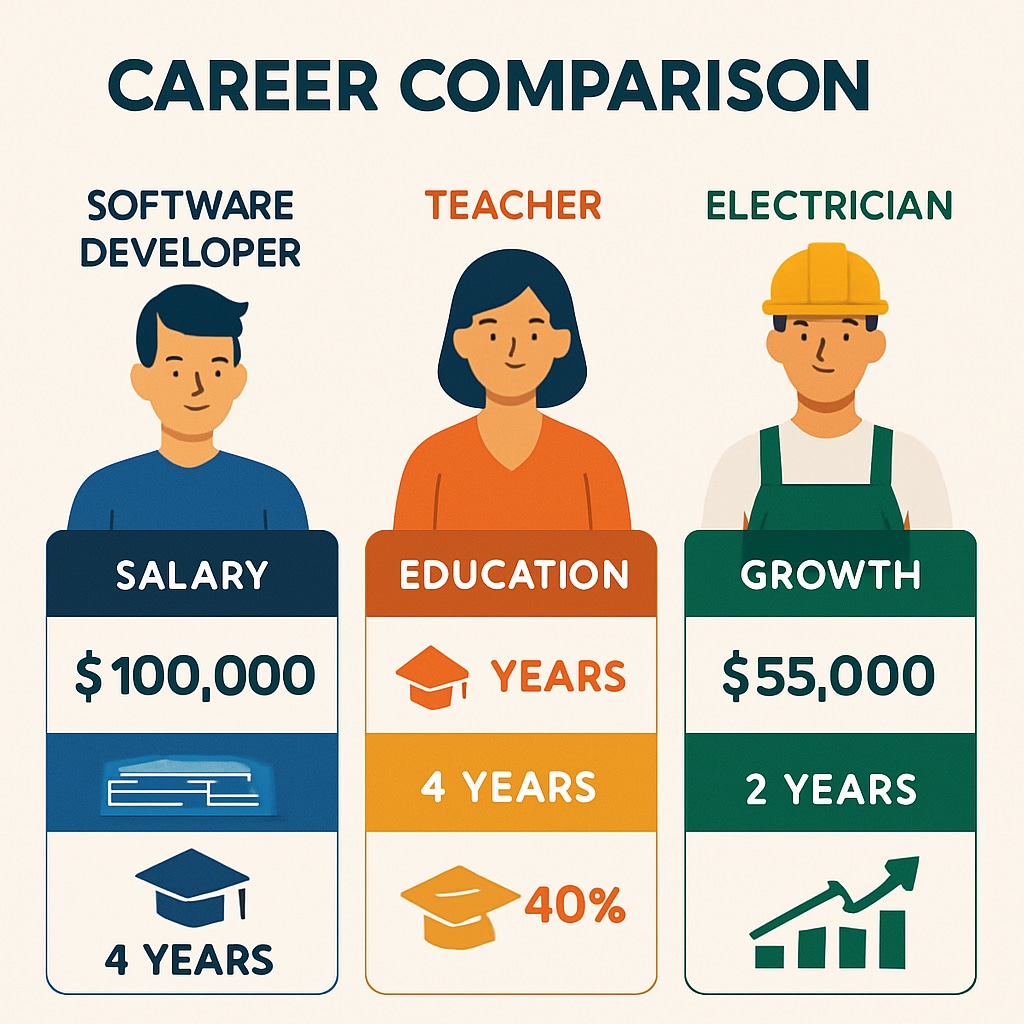When facing the critical decision of academic planning and career choice, high-achieving STEM students often grapple with selecting between computer science, bioengineering, and medicine. These three fields offer distinct professional prospects but require careful evaluation of personal aptitudes and long-term goals.

Career Trajectories in STEM Fields
Each major leads to dramatically different professional landscapes. According to the U.S. Bureau of Labor Statistics, computer science graduates can expect:
- Median salaries exceeding $100,000 in software development
- Projected 25% job growth for software developers (2022-2032)
- Opportunities in emerging fields like AI and quantum computing
Bioengineering, as explained by the BLS, offers:
- Median pay of $99,550 with 5% growth projection
- Interdisciplinary work at biology-technology interface
- Specializations in medical devices or biomaterials

Academic Pathways Comparison
The educational journeys differ significantly:
| Factor | Computer Science | Bioengineering | Medicine |
|---|---|---|---|
| Undergrad Duration | 4 years | 4 years | 4 years + 4 years medical school |
| Typical Courses | Algorithms, Data Structures | Biomechanics, Cellular Engineering | Anatomy, Pharmacology |
Personal Fit Assessment Framework
Consider these four dimensions when making your academic planning decision:
- Interest Alignment: Which subject excites you most during independent study?
- Skill Compatibility: Are you stronger in abstract reasoning (CS) or biological systems (medicine)?
- Temporal Commitment: Can you commit to 10+ years of training for medicine?
- Career Flexibility: Does the field allow for industry shifts if interests change?
Readability guidance: We’ve used short paragraphs and comparative tables to enhance understanding. Transition words like “however,” “therefore,” and “for example” appear throughout to improve flow. The passive voice is minimized to maintain clarity.


